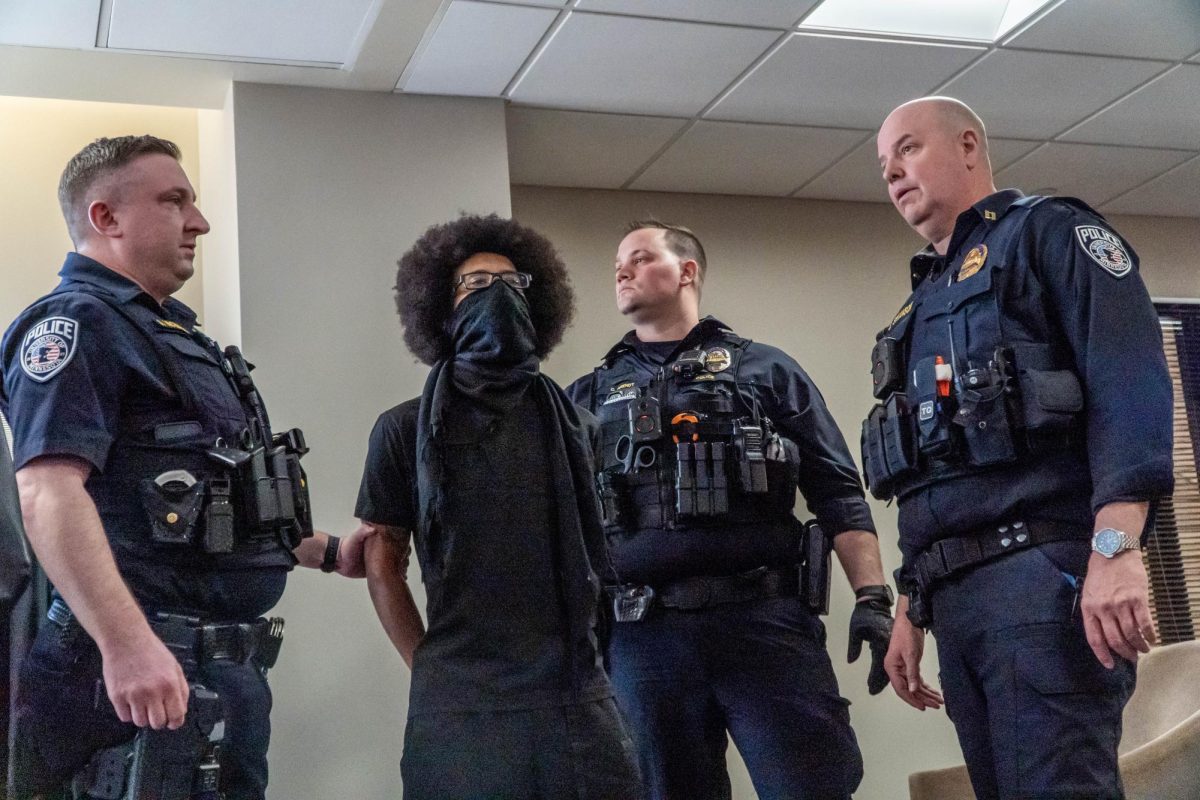Third-year student Kyle Berg left his 2008 sedan in his apartment’s enclosed parking garage while he headed home for winter break. When he returned, his steering wheel column was broken, his belongings were rummaged through, and his car battery, airbags and stereo were stolen.
Berg said he reported the theft to the apartment building and police department. The apartment building could not do much and the police did not contact him after he filed his report despite Berg following up with them.
Most apartment buildings in the University of Minnesota area offer garage parking, which is generally seen as safer than street parking. The need for a safe and secure parking garage affects a student’s decision when deciding where to live for the school year.
Daniel Suitor, a Homeline housing attorney, said he understands the importance of having a car and sympathizes with people whose cars have been stolen or damaged from apartment garages.
“People structure a lot of their life around it,” Suitor said. “Like, ‘If I have a car I have to have a place to put it, do I want to put it on the street and have to deal with it during snow emergencies?’”
When it comes to car thefts and damages in apartment garages, Suitor said it comes down to contract rights and property law. He said tenants’ contracts determine their rights regarding security in a parking spot.
“A lot of times you will see things in a lease that say, ‘We take no responsibility for the security of things in there,’” Suitor said. “For the most part that is enforceable.”
Under the law, bailment generally means that if someone takes on the responsibility to hold your property and keep it safe, they would be responsible for security issues, according to Suitor. He said this can easily be avoided by stating, “This does not create a bailment,” which is commonly seen on the slips for private parking garages and in leases.
This bailment exemption means residents are on the hook for any loss of or damage to their cars in most instances.
Marc Strom, property manager at The Elysian, said he does not see car-related thefts frequently, but when he does, it is usually the result of people taking advantage of unlocked cars.
Strom said when they do receive reports from residents, they check the cameras to see exactly what happened and who was there and then decide how to proceed.
While landlords generally are not responsible for security under the law, they are responsible for ensuring the parking spot is in reasonable repair, according to Suitor. He said the spot must be usable and if someone else parks in that spot, the landlord should have them towed.
“In general, if a landlord is acting reasonably and they’re reasonably maintaining the parking garage in accordance with pretty much what they offered, they probably don’t have a duty to tend to students whose cars are stolen from within,” Suitor said.
Suitor said car theft rates remain high despite car thefts decreasing since 2020. He said landlords can differentiate themselves from other apartment complexes by offering security and cooperating with tenants who request security data.
“It would be good business practice to do so,” Suitor said. “We hear a lot of times landlords not really cooperating with tenants who requested the security data.”
Strom said there are glimmers of hope coming from times of low crime, but they will continue to hope for the best and prepare for the worst.
“It seems like we’ll go through stretches of time where crime prevention is improving,” Strom said. “I don’t know the explanation of when it does spike up again, whether it’s warmer weather or what.”
Berg said there is an assumption of safety that comes with parking in a garage even if safety is not explicitly stated by apartment buildings.
“I do respect that apartment security can’t be everywhere at once,” Berg said. “It’s a little annoying now having to wonder if my car will be safe.”














